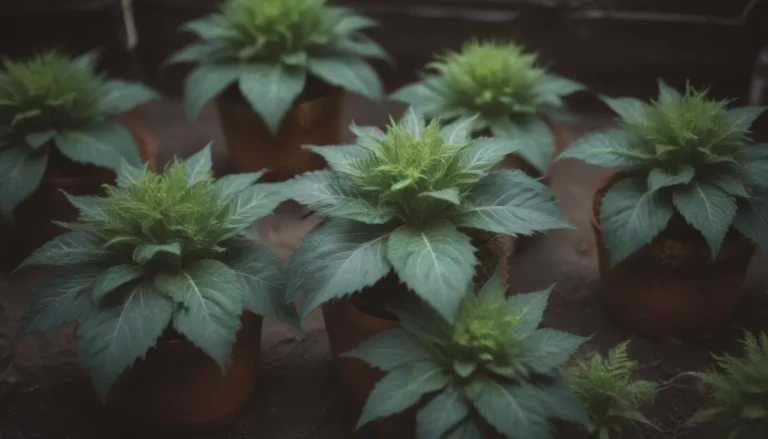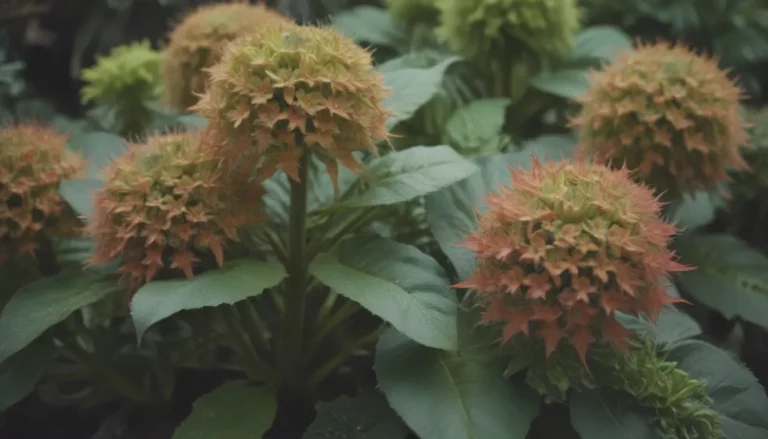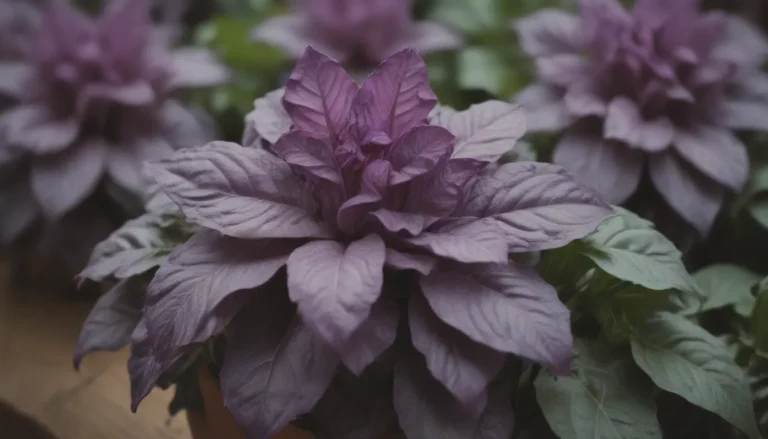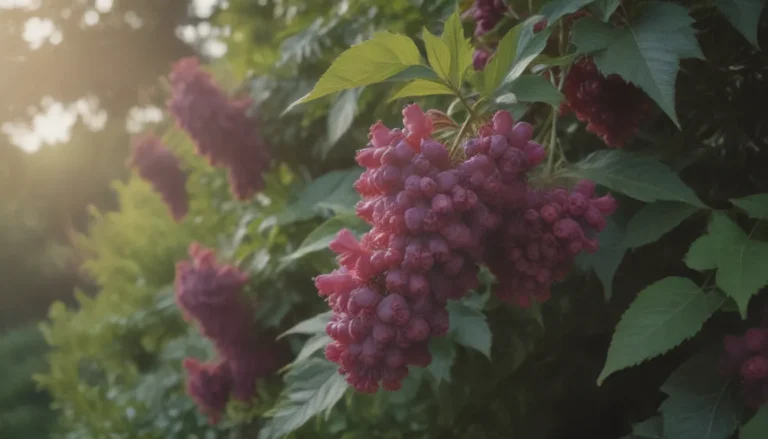The Ultimate Guide to Permanently Killing Weeds in Your Garden

Are you tired of battling pesky weeds in your garden or lawn? Some gardeners may be more tolerant of weeds than others, but if you’re ready to take action and rid your outdoor space of these unwanted plants once and for all, you’ve come to the right place. In this comprehensive guide, we’ll explore various methods for killing weeds permanently, both natural and chemical, so you can enjoy a pristine landscape without the intrusion of these nuisance plants.
Understanding the Persistence of Weeds
Gardening teaches us that achieving true permanence in the landscape, especially when it comes to weeds, can be a challenging task. While it may be difficult to completely eradicate all weeds from your yard forever, there are effective ways to control and manage their growth to maintain a weed-free environment. The key is to decide how much time and effort you’re willing to invest in keeping your yard weed-free, and to choose the method that best suits your preferences and gardening style.
Exploring the World of Herbicides
Herbicides play a crucial role in controlling and killing weeds in lawns and gardens. These chemicals, as well as natural products like salt or vinegar, are used to eliminate unwanted plants and prevent them from taking over your outdoor space. Before delving into the different methods for killing weeds permanently, it’s essential to understand the basics of herbicides and how they work.
Natural Methods for Killing Weeds
In addition to chemical herbicides, there are several natural methods for killing weeds that can be just as effective. Here are two eco-friendly alternatives to consider:
- Soil Solarization: This method involves using the power of the sun to kill weeds before they emerge, targeting them at the seed stage of their life cycle. By covering the soil with a transparent tarp during sunny periods, you can heat up the soil and eradicate weed seeds effectively.
- Vinegar: Horticultural vinegar is a natural herbicide that can be used to kill annual weeds. Unlike regular household vinegar, horticultural vinegar is potent enough to eliminate weeds without harming nearby plants. Simply spray the vinegar on the leaves of the weeds during sunny weather to achieve optimal results.
Chemical Methods for Weed Control
If natural methods aren’t providing the desired results, there are chemical options available for effectively killing weeds in your garden. Here are a few common methods:
- Injecting Herbicides: Using an injection tool to apply herbicide directly into the stems of tough perennial weeds can be an effective way to control their growth without harming surrounding plants.
- Spraying Herbicides: Herbicides are typically available in liquid or granular form and can be sprayed directly onto weeds to kill them. It’s important to avoid spraying on windy days to prevent the herbicide from drifting onto desired plants.
Preventing Weeds Before They Sprout
A proactive approach to weed control involves preventing weeds from germinating in the first place. By using landscape fabric and mulch together, you can create a barrier against weed growth and protect your garden from unwanted plants. Here’s how you can implement this preventive measure effectively:
- Landscape Fabric: Roll out landscape fabric over the soil to inhibit weed growth in areas where they are prone to sprout.
- Mulch: Apply a layer of mulch on top of the landscape fabric to provide additional protection against weeds and to enhance the overall appearance of your garden.
Considering the Drawbacks of Weed Control
While weed control methods can be effective in managing unwanted plants, it’s essential to consider the potential drawbacks associated with each approach. Chemical herbicides can pose risks to human health and the environment, while natural methods like salting may have unintended consequences on soil quality. If you’re concerned about these issues, alternative methods like soil solarization and preventive measures may be more suitable for your gardening practices.
In conclusion, achieving a weed-free garden requires a combination of effective control methods and preventive measures to maintain a healthy and beautiful outdoor space. By exploring the various options available and choosing the approach that aligns with your preferences and values, you can enjoy a lush, vibrant landscape free of pesky weeds.
Herbicide Options for Managing Common Lawn Weeds in Maryland| University of Maryland Extension. Basics of Salinity and Sodicity Effects on Soil Physical Properties.Montana State University.
Remember, a little knowledge goes a long way in the battle against weeds. Happy gardening!





